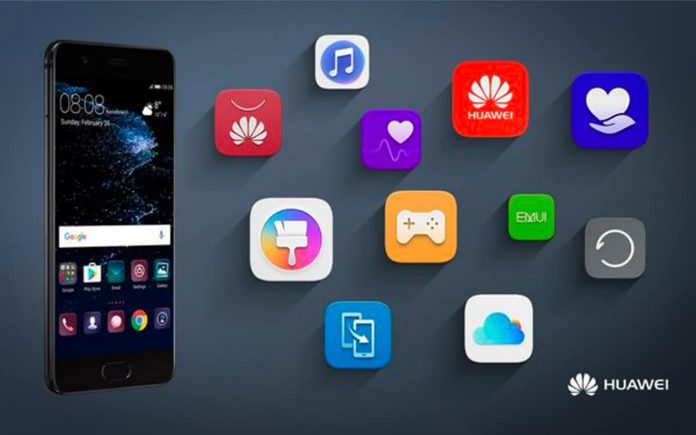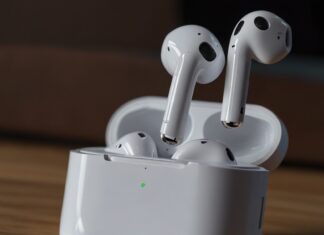Multiple Chinese manufacturers are reportedly approaching Huawei to find out how to switch to HarmonyOS and the HMS Core 5.0 ecosystem in the event they also lose access to Google’s Android license and apps. A real risk, as shown by the case of Huawei and Xiaomi’s brief recent placement on a U.S. blacklist.
By forcing Huawei to develop its own version of Android and alternative apps to Google, has the Trump administration taken a step in the right direction, or has it instead instead harmed the competitiveness of its country’s most powerful companies in the longer term? In any case, Huawei’s true crucifixion seems to be creating a lot of interest around HarmonyOS and the Huawei’s HMS Core 5.0 application ecosystem.
According to PhoneArena, many Chinese manufacturers (whose list is not known) are rushing behind the scenes to find out how to switch to Huawei solutions in case they also lose their Android license or access to Google’s apps. The risk is very real, as evidenced quite recently by Xiaomi’s temporary blacklisting of the United States after its founder received an embarrassing award.
Chinese manufacturers converge on Huawei’s solutions to avoid the same fate
However, it is better not to have to invest billions of Yuan in research and development alone, and urgently, and to propose one to two years later a home solution that is not guaranteed to seduce – especially on the side of developers. Everything that China has from smartphone manufacturers obviously prefers to rely on Huawei’s work.
HarmonyOS is basically a free Android project fork, which is a plus for developers who can carry their apps there without too many circumvolutions. In the HMS suite (Huawei Media Services, the equivalent of the google suite applications) the applications are at more or less advanced levels. Arguably the most accomplished effort is AppGallery, the counterpart of the Google Play Store, with more than 500 million monthly active users in more than 170 countries.
But many popular applications are still missing, and the catalogue is mostly made up of Chinese applications – which shows how difficult it is to quickly offer alternatives to everything Google does. Finally, Huawei is more in favour of HarmonyOS being used on competing smartphones.
Source: PhoneArena










